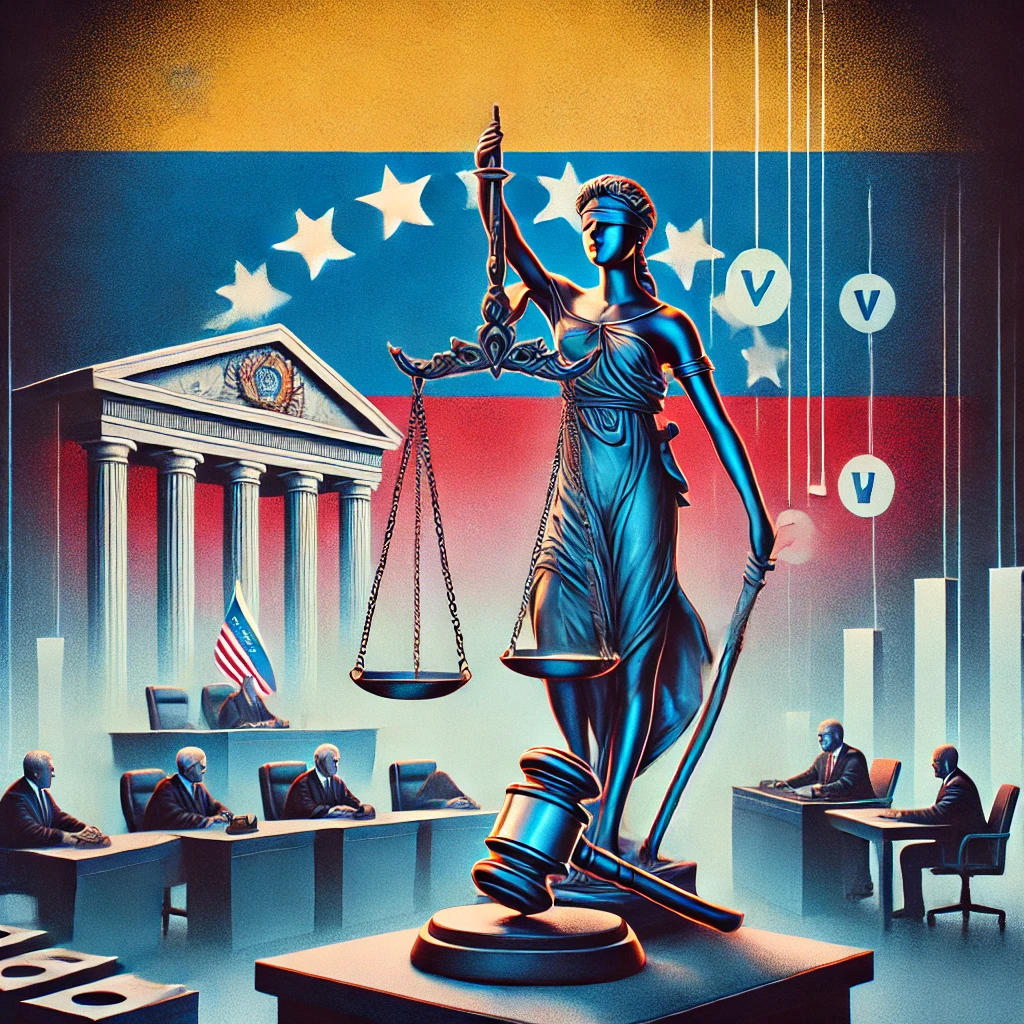U.S. Government Calls for Transparency in Venezuela's Disputed Election
The Venezuelan government-controlled National Electoral Council announced on July 28 that President Nicolás Maduro had won re-election. However, the U.S. government and other world leaders are demanding more transparency, citing evidence that suggests Maduro lost the election.
The National Electoral Council (CNE) has yet to release precinct-level vote counts, a legal requirement in Venezuela. Meanwhile, Maduro’s main challenger, Edmundo González Urrutia, has also declared victory. González Urrutia’s party claims to possess at least 80% of the vote tallies, known as "actas," showing he won at least 67% of the vote.

International Reactions
On August 1, U.S. Secretary of State Antony Blinken expressed concerns about the election's integrity. He stated, "The vote processing and results announcement by the National Electoral Council were deeply flawed, yielding an announced outcome that does not represent the will of the Venezuelan people." Blinken emphasized that consultations with international partners revealed a consensus that Maduro did not receive the most votes in the election.
Florida's Republican U.S. senators have criticized the Biden administration, blaming it for Maduro’s claimed victory. Sen. Rick Scott, R-Fla., tweeted, "Maduro has stolen another election from the Venezuelan people & the Biden-Harris admin helped him do it by fueling his power with sanctions relief & appeasement." Sen. Marco Rubio, R-Fla., echoed this sentiment, calling the election "a complete fraud" on social media.
The Impact of Sanctions Relief
The Biden administration eased sanctions on Venezuela after its government agreed with opposition leaders to hold elections. This move aimed to encourage free and fair elections, but critics argue it inadvertently helped Maduro. However, experts like Eduardo Gamarra, a political science professor at Florida International University, argue that maintaining sanctions would not have necessarily prevented Maduro from staying in power. Gamarra noted that Maduro remained in power even under tougher sanctions imposed by the Trump administration.
In October, Maduro’s government signed the Barbados Agreement with the main opposition alliance, committing to hold open and fair elections in 2024 with independent international observers. In exchange, the U.S. relieved some sanctions, particularly those affecting the oil and gas industry. The Biden administration warned that sanctions would return if Maduro did not uphold the agreement. However, in April, the U.S. reimposed some sanctions after Venezuela failed to meet certain commitments, such as banning opposition leader Maria Corina Machado from running for president.
Current Situation and Expert Opinions
Despite the disputed election results, experts credit the Biden administration’s policy for facilitating an election with an opposition candidate. Gamarra outlined two possible scenarios without the Barbados Agreement: Maduro might not have held an election, or he would have held an election without a genuine competitor. Rebecca Hanson, an assistant professor at the University of Florida, noted that the opposition's unification made it easier to identify potential election manipulation.
The Barbados Agreement also forced the Venezuelan government to demonstrate its competitiveness. Javier Corrales, a political science professor at Amherst College, stated that the agreement "committed the (Venezuelan) government to enter a terrain where they were forced to reveal how uncompetitive they were."
Protests and Future Prospects
Since the election, Venezuelans have protested against the Maduro government. According to Foro Penal, a Venezuelan legal assistance nonprofit, at least 11 people have died, and more than 700 have been detained. In an opinion piece for The Wall Street Journal, Machado stated she is in hiding and fears for her life.
Blinken condemned threats to arrest opposition leaders as "an undemocratic attempt to repress political participation and retain power." He called for dialogue between Venezuelan parties for a peaceful transition, stating, "We fully support the process of re-establishing democratic norms in Venezuela and stand ready to consider ways to bolster it jointly with our international partners."
For further information, visit Reuters, BBC News, and Al Jazeera.
